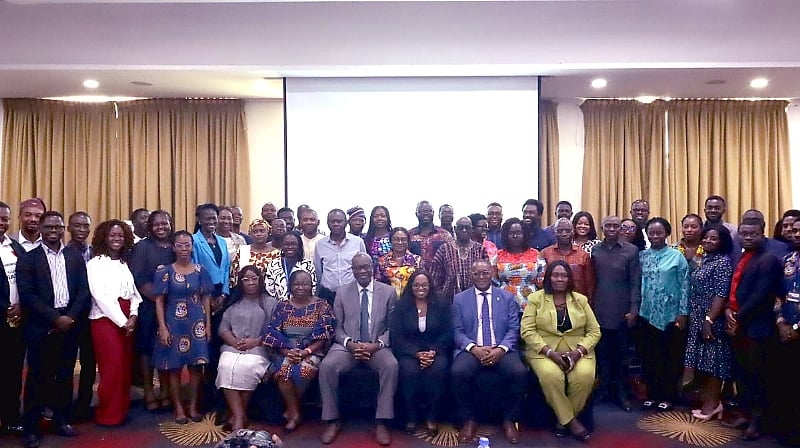The UK NIHR-funded STOP-NCD project in Ghana has revealed critical funding gaps in the nation’s fight against non-communicable diseases (NCDs). Despite advancements in NCD policy development over the past two decades, including strategies for hypertension, diabetes, and mental health, financial resources remain inadequate. Researchers point to revenues from the excise duty (amendment) Act of 2023 being directed to the consolidated fund instead of dedicated NCD programs, coupled with decreasing donor support, as primary reasons for this shortfall. This financial constraint hampers the implementation and effectiveness of crucial NCD prevention and control initiatives. The STOP-NCD project, a £10 million endeavor involving research partners from Ghana, Niger, Burkina Faso, and the UK, aims to bolster NCD research capacity in West Africa, ultimately improving prevention, diagnosis, and management of hypertension, diabetes, and related mental health disorders.
The project is currently transitioning from its initial phase, which focused on understanding contextual influences and effective pathways for NCD management, to the second phase. This next stage emphasizes co-creating tailored intervention packages with stakeholders, leveraging the evidence gathered in the first phase. This collaborative approach seeks to ensure the interventions are relevant and effective within the specific Ghanaian context. The urgency of this work is underscored by alarming statistics from the World Health Organization, which highlight the growing burden of NCDs in Africa. NCDs were responsible for 37% of deaths in sub-Saharan Africa in 2019, a significant increase from 24% in 2000, with projections indicating a further 17% rise in NCD-related deaths over the next decade. This trend points to a future where NCDs surpass communicable, maternal, perinatal, and nutritional diseases as the leading cause of death in the region by 2030.
Ghana has made strides in NCD policy development, including revising the NCD Policy in 2022, passing the Public Health Act with a section on tobacco control, implementing tobacco control regulations, developing tobacco cessation guidelines, and integrating diabetes and hypertension into the national disease surveillance system. Despite these advancements, significant gaps persist across core health system functions, including financing, health information systems, human resources, and service delivery. The lack of dedicated funding for NCD programs directly hinders the implementation of these policies and undermines the progress achieved in policy development.
The challenges extend beyond financing. Weak surveillance and research on NCDs, along with a scarcity of real-time data, hamper effective health information management. Human resource deficits, including inadequate staffing and a lack of specialized skills at all levels of the health system, from community to national, further hinder NCD control efforts. Service delivery faces obstacles such as ineffective stakeholder collaboration within a complex healthcare landscape characterized by patient “healer shopping” – seeking treatment from multiple sources. These interconnected challenges highlight the systemic nature of the problem, requiring a multi-pronged approach to address them effectively.
Access to healthcare facilities, especially for those living in rural communities, presents a significant hurdle due to poor road quality and limited transportation networks. This poses a serious challenge for individuals requiring diagnosis and treatment for NCDs, which often necessitate specialized care available primarily in urban centers. The scarcity of highly trained physicians and doctors qualified to prescribe essential medications for conditions like hypertension and diabetes exacerbates the issue. Professor Irene Agyepong, Director for NIHR Global Health Research Centres West Africa, advocates for telemedicine as a potential solution to bridge this gap. Telemedicine could enable nurses in rural areas to connect with specialists at district, regional, and national levels for consultation, guidance, and support in treatment and prescription.
The national stakeholder consultation meeting served as a vital platform for dialogue on best practices in NCD management, sharing findings from situational analyses, and discussing interventions for NCD control, education, promotion, and screening for hypertension, diabetes, and mental health in Ghana. Recognizing NCDs as a major global public health challenge, stakeholders emphasized the importance of translating the information and insights gained from the forum into actionable steps to improve NCD prevention, control, and treatment outcomes. The urgency of addressing these challenges is paramount, given the escalating burden of NCDs and their projected impact on the health and well-being of the population. A concerted and collaborative effort involving policymakers, healthcare providers, researchers, and community stakeholders is crucial to effectively combat the rising tide of NCDs in Ghana and across the region.














